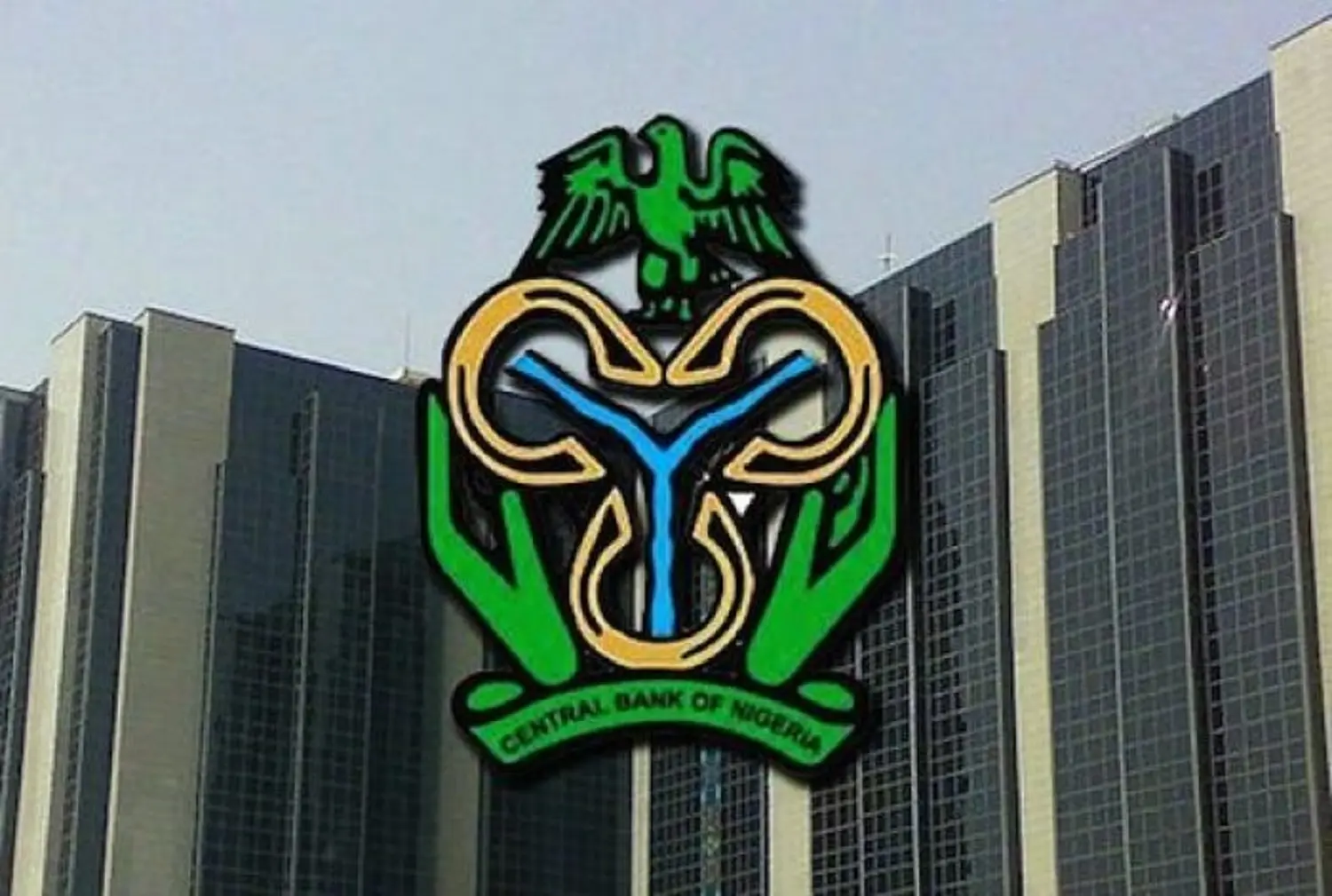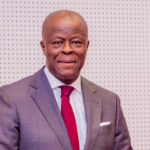I have long advocated a change in the structure of the management of the Central Bank of Nigeria. I have held the view that the current structure of the bank concentrates too much power in the position of the Governor, and it is my candid opinion that this is not good for our system. The time has come for us to decide what we want: a strong man in the person of the governor, or a strong institution from which the governor derives his power.
The arrangement that makes the governor of the central bank its chairman as well is defective, and going further we will experience the consequences of this defect. I propose a new structure that has a chairman for the board of CBN, separate from the governor. The governor can retain his or her chairmanship of the Monetary Policy Committee.
A structure does not have to be popular to be effective. In a situation such as this, what matters most should be the effectiveness and relevance of the structure or system in which it operates.
The Central Bank of Kenya has a chairman, who is head of the board of the bank. It has one governor and a deputy governor. Other members of the board include the Principal Secretary to the National Treasury and four members. Yet it performs all the functions of the central bank in the East African country.
Surveillance contract: Igbo Youths Not Marginalized, Group Tells FG, NNPCL
Rising food prices: Declare state of emergency, expert tells FG
Contrast this with Nigeria. CBN’s board, according to Section 6. (1) and (2) of the CBN Act of 2007 as amended, says that the board of the central bank shall consist of –
(a) a Governor who shall be the Chairman;
(b) four Deputy Governors;
(c) The Permanent Secretary, Federal
Ministry of Finance;
(d) five Directors; and
(e) Accountant-General of the Federation.
One recalls vividly an attempt made some years ago at the National Assembly to restructure the CBN in a way similar to what I am proposing here. But that attempt was vehemently opposed by some interest groups, who claimed the move amounted to a whittling of the powers of the central bank governor. When it happened, I said that while the debate seemed dead then, it had just been buried in a shallow grave and would certainly be exhumed someday. With the events of the last couple of days, it is clear that day is closer now than then.
The argument of watering down the power of the governor turns the fact on its head. Which is more important: the power of the CBN as an institution, or the power of the governor? Certainly, a powerful central bank governor is not the same as a powerful central bank. A governor may be powerful, but his power base could be located somewhere outside the bank. He could wield all the powers under the sun, but that power could be counterproductive as far as the objectives of a central bank are concerned. If that power is not first vested in the bank as the institution, its exercise could just be counterproductive.
Section 38 (1) of the Act reiterates the provision in Section 34 (d) that the CBN may grant temporary advances to the federal government in the event of temporary deficiency of budget revenue at such interest rate as the Bank may determine. But sub-section (2) stated quite clearly that “The total amount of such advances outstanding shall not at any time exceed five per cent of the previous year’s actual revenue of the federal government”.
This section has been amended by the current National Assembly. Earlier this year, just before the end of the last administration, the Assembly took a decision that in reality amounted to a weakening of the powers of the central bank. To accommodate the profligacy of the last administration, the Assembly raised the limit of the now notorious “Ways and Means” from 5% of the government’s previous year’s revenue, as provided, to 15 per cent.
This was their solution to a problem that the Assembly had the power to stop but failed to do so. For, in contravention of that limit, the CBN had consistently exceeded that 5% limit until its advances to the administration of President Muhammadu Buhari amounted to about N23.1 trillion.
Rather than help the bank stand by the provisions of its enabling Act, the lawmakers chose to apply an elastic ruler. They chose to alter legislation to accommodate an obvious infringement on the Act. This is the challenge that the central bank in Nigeria will continue to face until it becomes a strong, independent institution. Its power does not, and will never depend on the power of the governor. Its power will rather confer on the governor power that cannot be tampered with.
This is one of the things I enjoyed about Sanusi Lamido Sanusi, former governor of the CBN, whose tenure I covered well as a reporter. He once said that what we need are strong institutions, not strong men. That includes also the central bank, one of the most important institutions in any nation. The argument for a strong governor of the central bank, at least in our clime, is a misnomer.
The time has also come for us to end what is almost an unwritten law that the governor must be appointed from outside the bank. A look at the history of the governors of the CBN shows that hardly any deputy governor transited to become governor. This comment is obviously without prejudice to the current appointees already in place.
However, going forward, when we have a chairman in place, it should be possible to appoint a governor from among the deputies, who would have in the course of their service at that level mastered the central banking system. After all, at the Fed, for instance, the procedure is that the chairman and vice chairman are appointed from among the Board of Governors who head the 12 Federal Reserve Districts in America.
Also, the practice of the governor appointing two of the 12 members of the MPC, should be discarded. The current provision is that the president appoints three of the members. The other members of the committee are the governor, who automatically chairs the body, plus the four deputy governors. The remaining two members are members of the board.
There is no reason for this practice to continue. Without doubt, the governor’s nominees to that post will in all seriousness vote to please him at the meeting of the committee. Yet this all-important meeting is where the fate of Nigerians is decided. The MPC meeting decides interest rates and other key monetary variables that affect the lives of millions of Nigerian citizens.
Ultimately, the success or failure of the proposed structure, or that of the existing one, depends on the supervisory role of the National Assembly. The assembly holds the ace in the success of our financial system because what has become very clear is that every institution needs to be supervised closely. Without that, the system, being run by human beings, will spin out of control.




